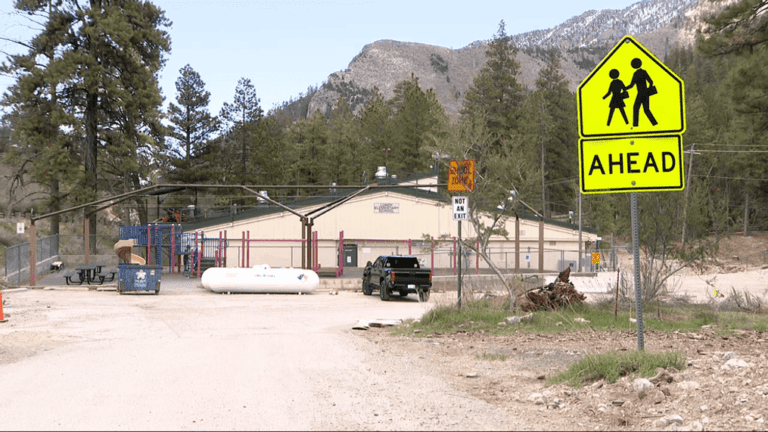Lundy Elementary School Reopening: A $7.8 Million Investment in Local Education
Overview of the Decision
The Clark County School District (CCSD) has approved a substantial $7.8 million repair plan aimed at reopening Lundy Elementary School located in Mount Charleston, Nevada. This significant decision resulted from ongoing community advocacy, highlighting the importance of local governance in education.
Background of Lundy Elementary
Established as the sole K-5 school in the Mount Charleston area, Lundy Elementary was forced to close its doors in August 2023 due to severe damage caused by Tropical Storm Hilary. This closure led to local students facing extensive two-hour bus rides to Indian Springs, presenting considerable challenges for families, particularly those with young children.
Community Advocacy and Responses
Initially, CCSD contemplated abandoning the school, citing high costs for repairs and existing infrastructural issues. However, proactive community members, including former Clark County Commissioner Chris Giunchigliani, rallied to advocate for the school’s restoration. Their efforts culminated in a reversal of CCSD’s decision in February, allowing for the approval of the repair contract.
Scope of Repairs
The approved funding will address vital repairs such as:
- Replacement of damaged flooring
- Upgrades to electrical systems
- Implementation of erosion control measures
In a move towards fiscal responsibility, the school board opted against constructing a kiln room, strategically managing expenditures while focusing on urgent repairs.
Implications of the Decision
This situation sheds light on a larger issue concerning the influence of centralized educational administrations. Often, decisions made by distant bureaucracies fail to align with the needs of local communities. This case serves as a reminder of the necessity for local engagement in educational governance, where community voices significantly shape policy outcomes.
Looking Ahead
With plans in place for Lundy Elementary to reopen by August 1, the local community can celebrate this crucial achievement. However, the ongoing need for accountability and attention to rural educational needs remains paramount. As community members continue to advocate for locally responsive educational policies, it is essential to ensure their voices are not only heard but truly valued in decision-making processes.


